Reading many flashlight reviews online, has prompted me to write this post that will answer…
Is A Lithium Flashlight Better Than An Alkaline Flashlight?

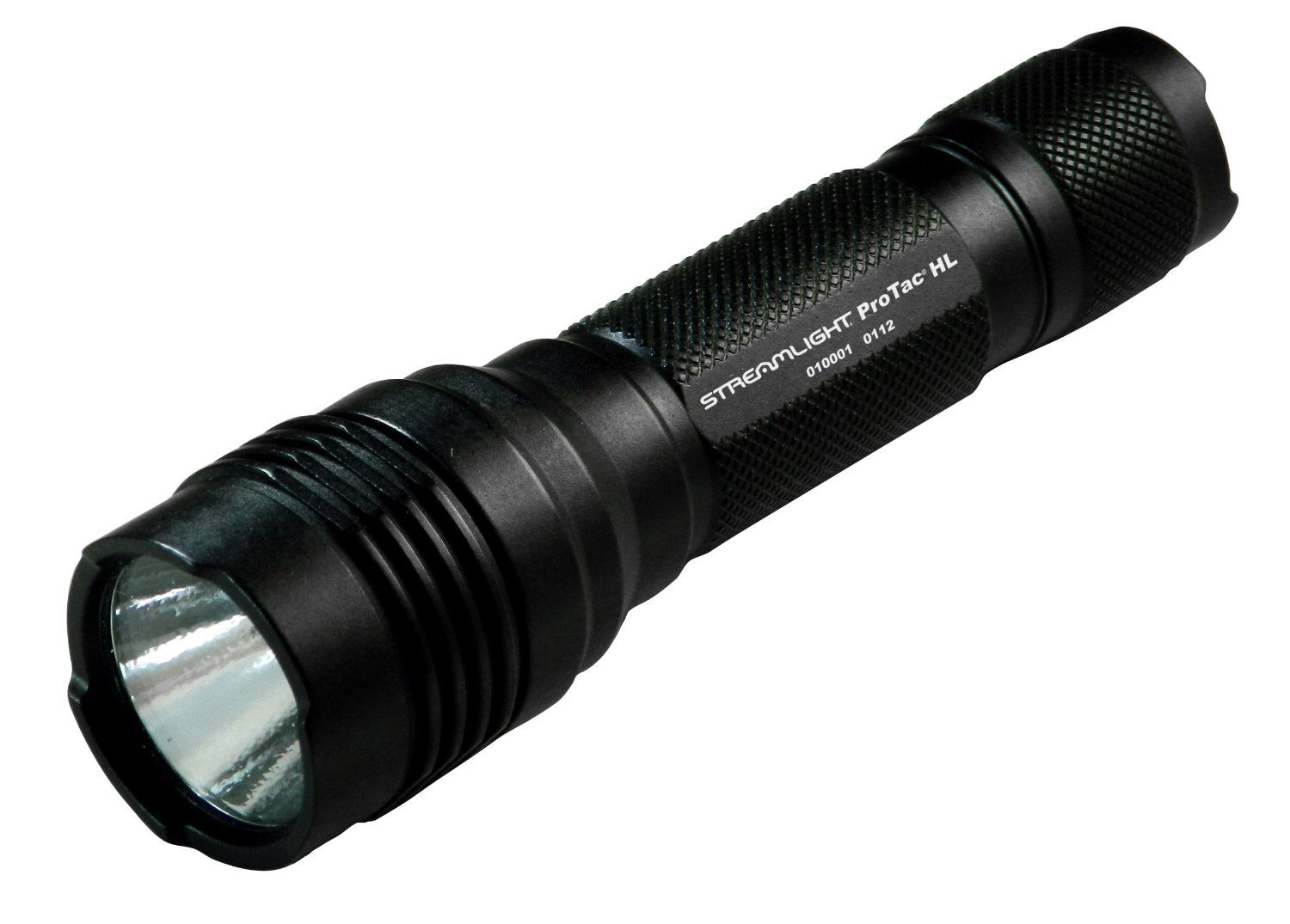
Okay, so you’ve decided to finally buy yourself a new flashlight. You’re aware you have a lot of choices to narrow down. The first BIG choice is about batteries. This is what molds your first question; is a lithium flashlight better than an alkaline flashlight? Well, since this is right up my alley…let me try to help you as much as I can.
The Upside of Lithium
- Size
In general, if size (more specifically length) matters to you, then you have way more control over this with a lithium-based light. You can choose one that’s as small as 3″ long, or one that measures over 6″.
- Brightness
Again, in general, the lights you see with the higher lumen counts, will most likely take lithium batteries. This is because of the higher voltage of the lithium cells. These days, you can easily choose among lights that put out as much as 1000 lumens of light.
- Ingenuity

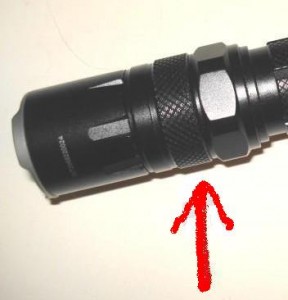
Variable control ring
Manufacturers tend to put some of their latest bells and whistles into their lithium-based lights. These are often where you’ll find such conveniences as illuminated switches and the always popular variable control ring.
- Longer run-time
Nobody can deny that lithium batteries pack a punch of power. Therefore, lithium-based lights always have longer run-times.
The Downside of Lithium
- Those dreaded lithium batteries
No, I’m not suddenly doing a “one-eighty” on what I’ve already pointed out as being an advantage. But, as far as the average consumer is concerned…if there ARE any downsides to a lithium-based light, it would have to be the batteries themselves!
- Keeping those suckers charged
Yes, with a lithium flashlight, you ARE REQUIRED to buy a battery charger specifically designed to charge LITHIUM BATTERIES.
- Availability
Another possible deterrent to the average consumer, is that lithium batteries are not widely available in stores. As anyone, and I mean anyone, will tell you who owns one or more lithium-based flashlights, you’d be a fool to not purchase your batteries online. Besides, the ONLY lithium batteries you can buy in a store are disposable. Rechargeable lithium cells ARE ONLY SOLD ONLINE! Some consumers have been fooled by Energizer AA-size two packs that say “Ultimate Lithium” on them. These lithium’s are disposable; and not made to be recharged.
The Upside of Alkaline
- Battery availability
This is the ONLY major advantage of an alkaline-based flashlight. Virtually everyone in the industrialized world is aware that alkaline batteries are sold just about everywhere.
- Rechargeable also available
Fortunately, those who prefer to own an alkaline flashlight can also be apart of the rechargeable battery explosion. AA and AAA size Nickel Metal Hydride (NiMH) batteries are available in multi-packs at large retail outlets. Sometimes, they’re sold with a charger as well.
The Downside of Alkaline
- Reverse the above
You can for the most part take all the advantages of lithium cells from above, and reverse them. This includes light brightness and battery run-time.
- Size
Alkaline-based lights that run off of a single battery tend to be about 4″ long. The downside to that, is that a small one-cell AA light won’t be very bright. To achieve even the moderate brightness of a lithium light, you’ll need a TWO cell AA alkaline light. Size-wise, these are anywhere from 6.5 to 7+ inches long.
Conclusion
So is a lithium flashlight BETTER than an alkaline flashlight? That’s for YOU to answer based upon what you’ve read in this article.
Personally, I recommend lithium. I like having a brighter flashlight with longer run-times, and there’s a larger variety of lights to choose from.
AA rechargeable (NiMH)
If you need to know more about the difference in the batteries themselves, then please visit the batteries section of Lightsngear.
If you’re ready to go flashlight shopping, you can compare models and prices HERE.
Questions/comments? I’m here to address anything you might need to know.
Recent Posts
Wurkkos TS26S “Super Bright” LED Flashlight Review
The Wurkkos TS26S is what I'm reviewing today. It's also the first time I've had…
Nitecore TINI3 Intelligent Keychain Flashlight
The motto of Nitecore is to "keep innovating". And with that - let me tell…
Jetbeam E26 Kunai UV Flashlight Review
I haven't owned a new Jetbeam flashlight is quite some time. Having said that, I'm…
Nitecore HC65 Headlamp Review
Since the motto of Nitecore is "keep innovating" please join me now in this review…
Nitecore EDC33 Lumin Shield Flashlight Review
As Nitecore continues to implement new concepts with LED flashlights, let's dive in with my…
Wuben X3 Wireless Charging LED Flashlight Review
This is different! The Wuben X3 "Owl" is a dual-LED flashlight that features wireless charging…
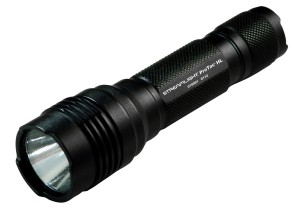
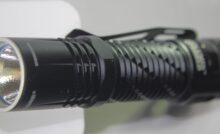
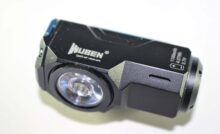
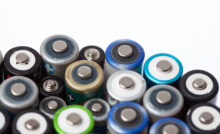
View Comments
gotta say coming across this site brings up a whole field I know so little about.. and yet I find this informative and very well explained! :)
Thank you!! I REALLY appreciate that! It's my goal here to be as informative with the topic at hand that I can possibly be.
Now this article is what I like to call quality, you point out everything a person (like me) needs to know, and then some.
After reading your article, I now know that I (personally) should go for a lithium based flashlight. I enjoy reading informative articles like this, keep them coming, and I will come back and read more, for sure!
Thank you very much! I'm so glad you found it helpful. It means a lot to know that the information I'm giving is exactly what you're expecting.
Very concise review. I like the way you offer pros and cons helping the reader to decide what's best for him or her. Good information!
Thanks very much! An informed decision is always the best.
I like the power of lithium batteries and lithium stoked flashlights. down side is they are strictly regulated in air travel. Likewise in air shipment.
Yes, there's a lot of truth in both those statements. I don't have the need to travel by air very often, in fact it's quite rare for me. But if the batteries are contained and not loose or making direct contact with an power source, I believe it's acceptable to have them with your carry-on luggage.
li chargers are $3
surprised you didn;t say 'they might explode'
which they never do in flashlights
air lines do not care about sizes under 18650
Chargers are $3?? Only the generic low-performance type perhaps. Most airline employees probably assume a 3.7v 14500 is nothing more than an alkaline.
In a "vent with flame" scenario, a cheap lithium battery can be deadly when concealed in the body of a flashlight.
Rechargeable NiMh are garbage unfortunately. They are 1.2V which is 0.3V less than the Alkaline counterpart. They never last very long, and many newer devices detect the low voltage and tell you the battery is almost dead shortly after you put a freshly charged one in.
Everything has a use, and with 1.2v batteries it certainly depends on what they're used in. Many devices clearly state NOT to use them, but I've used them in those instances and had no problems. Eneloop are the best brand, and I have in flashlights and various remotes. Among the few times which I prefer standard alkaline, are usually for things like remote thermometer sensors. Most anything else that needs a AA or AAA, will get an NiMH.